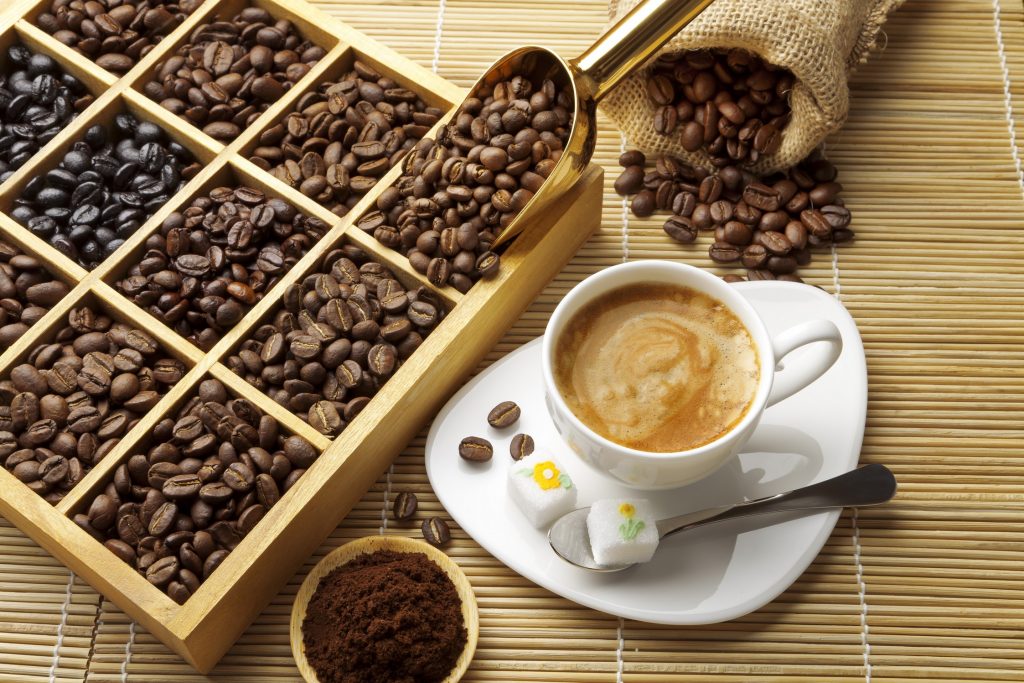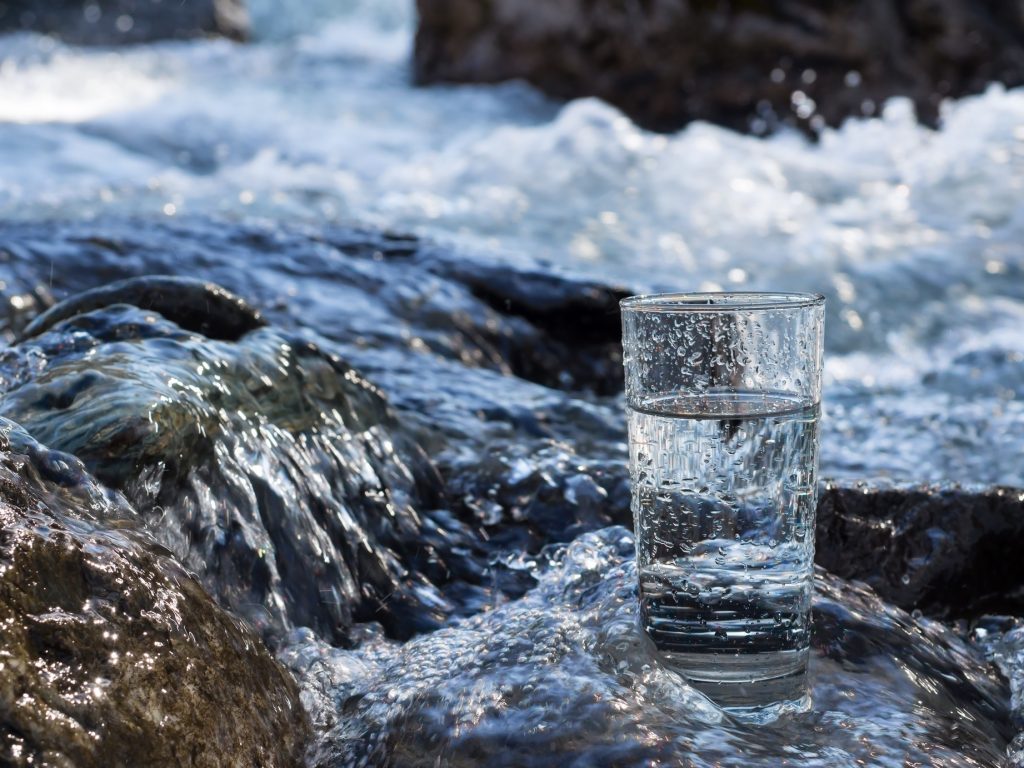Making great coffee while protecting the brewing equipment requires Warren and the Detroit Area employees to constantly perform a balancing act. They must choose the best type of water to find the sweet spot between preventing damage to the brewing equipment and brewing the perfect cup of coffee.

Why is the type of water so important? A cup of coffee consists of 98 percent water. That means that the coffee only represents two percent of the beverage. The quality or type of water can range anywhere from “hard” (full of minerals like magnesium) to “soft” (distilled water falls into this category).
To understand the impact of hard and soft water on brewing equipment, consider the following:
- many maintenance issues are caused by water because the water comes into contact with almost every part of the machine
- for example, some compounds found in hard water are sticky and seek out specific compounds in the coffee grounds impeding the brewing process
- the more minerals the water contains (or the harder the water), the more damaging the water can be to the brewing equipment
- minerals cause scale buildup (or coat) the inner workings (pumps, boilers, and valves) of the brewing machine, causing corrosion, leaks, and ultimately, the destruction of the machine.
If too many minerals in hard water damage the brewing system, why not use soft or distilled water? The answer to this question is why balancing the water selection is so important. The right balance of minerals in the water improves the taste of a Warren and the Detroit Area cup of coffee.

To understand how hard and soft water changes the taste, consider the following:
- minerals found in water carry coffee’s body and aroma to the palate.
- a high mineral content contributes to a decrease in the quality
- too much alkalinity in the water can cause a soapy taste or residue in the brewed coffee
- water that is too hard can give a bitter or chalky taste
- very little mineral content is also a problem at it causes strange extractions and off-flavors
- soft water can create a bland cup of coffee
If Warren and the Detroit Area individuals are interested in monitoring the water that goes into their coffee, the following table from the Specialty Coffee Association lists the acceptable characteristics for the best brewing water.
| Characteristic | Target | Acceptable Range |
| Odor 1 | Clean/Fresh, Odor free | |
| Color 2 | Clear color | |
| Total Chlorine | 0 mg/L | |
| TDS 3 | 150 mg/L | 75 – 250 mg/L |
| Calcium Hardness | 4 grains or 68 mg/L | 1-5 grains or 17 mg/L – 85 mg/L |
| Total Alkalinity | 40 mg/L | At or near 40 mg/L |
| pH | 7.0 (neutral) | 6.5 – 7.5 |
| Sodium | 10 mg/L | At or near 10 mg/L |
Specialty Coffee Association’s “Water for Brewing Standards“ Table
However, not everyone has the time or desire to check the mineral content and quality of their water. When that’s the case, consider one of the following options:
- Reconsider your source for coffee beans
- a local roaster will likely test their beans with local water increasing the likelihood of your Warren and The Detroit Area employees brewing great tasting coffee.
- nationally recognized brands often use pure water, which can be found almost everywhere, to test their beans as they strive to create a consistent flavor nationwide.
- Use water that tastes good on its own; if it tastes and smells good and is clean straight from the tap, the end result will likely be tasty.
- Avoid pure distilled or reverse osmosis water. While they are often recommended, they are too pure to brew coffee and will leave a lot of flavor behind.
- Consider installing a water filtration system in your office break room; employees can relax knowing they don’t have to worry about the water quality and Warren and The Detroit Area employers will know the chemical makeup of the water running through their coffee brewers.
Whether your Warren and the Detroit Area organization is looking for a new office coffee service or just wants to update the office break room, American Vending can help. We offer a wide variety of customizable vending solutions including micro-markets and healthy vending. To take the first step, call us at 248.895.2606. We look forward to hearing from you.
